Sound Off: The Cost of Survival Often Includes Blame for Black Women, Famous or Not
When Black women speak our truth, the world goes deaf, or worse, punishes us for surviving.
Published May 22 2025, 3:31 p.m. ET
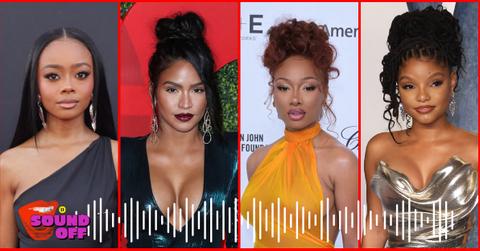
Let’s be honest, friends, May 2025 has been A LOT for those who don’t have the luxury of sticking our heads in the sand (though I would love to, trust me!). In the same month that Netflix released Mara Brock Akil’s Forever, one of the very few Black female-led coming-of-age love stories starring Lovie Simone and Michael Cooper, Jr., I am forced to get out of that beautiful bubble and remember the reality of how much some love to shame Black women for sport, especially when we speak out about abuse.
When Black women speak our truth, the world goes deaf, or worse, punishes us for surviving. And, like so many issues affecting the marginalized, we’ve seen it through the celebrity lens.
Skai Jackson, Cassie Ventura, Megan Thee Stallion, and Halle Bailey’s individual yet similar public abuse reopened a familiar wound: society’s deep-rooted discomfort with believing and protecting women. Instead, social media jurors offered them scrutiny, disbelief, and blame.
While this pattern isn’t new, it is exhausting and infuriating. It also hurts the chances of non-famous Black girls and women telling their stories of abuse and violence, should they face the same fate.
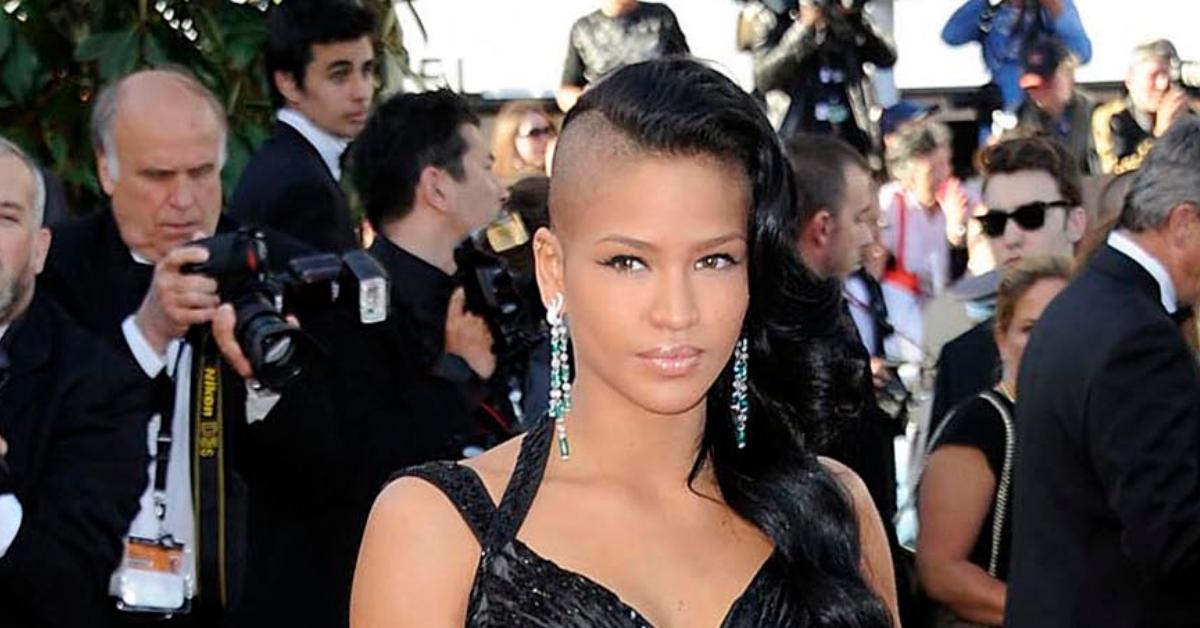
The truth doesn’t always set you free.
On May 12, 2025, testimonies for Sean “Diddy” Combs’s sexual assault trial took place. Cassie, who dated the disgraced music mogul for 11 years, took the stand as a star witness. Her powerful testimony included chilling accounts of sexual, physical, emotional, mental, and financial abuse she endured during the relationship. Cassie allegedly performed the lewd acts on Diddy or a sex worker she was forced to hire for his “Freak Offs,” maration sex parties that reportedly lasted for hours.
Cassie first admitted to being abused by Diddy in her November 2023 civil suit. The Bad Boy CEO and his attorneys settled in court the following day for $20 million, an amount the “Me & U” singer testified was $10 million less than her asking price. Despite them settling the civil case, Cassie was subpoenaed in Diddy’s federal case, which led to her further diving into the details and ongoing damage the FOs caused.
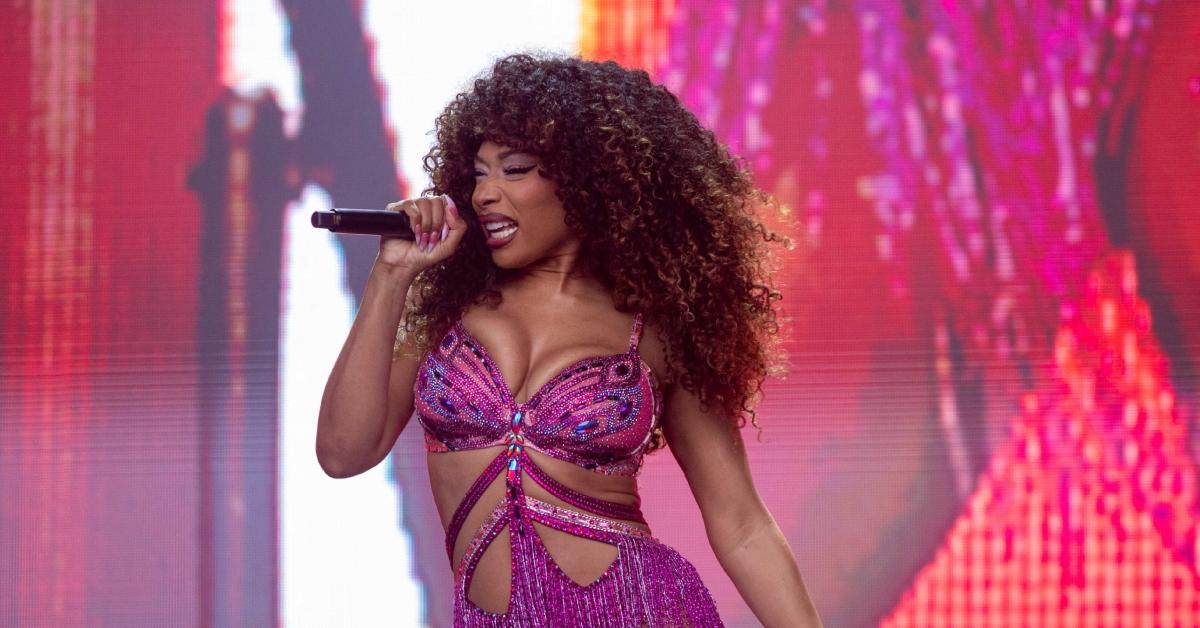
In the same week, Megan Thee Stallion was accused of lying about Tory Lanez shooting her. Again. Although Megan has maintained the same story that her former friend shot her in the foot on their way home from Kylie Jenner’s house, she’s still not believed in certain circles. Tory’s legal team accused her of lying to protect her former best friend, Kelsey Harris, resulting in his 10-year prison sentence.
After several days of not addressing the new claims, Megan eventually reiterated that Tory, not Kelsey, shot her that night and scolded him and his fans for suggesting the opposite.
“At what point are y’all gonna stop making me have to re-live being shot BY TORY!?” she said in a lengthy TikTok. “At what point are Tory and y’all FANS gonna stop lying? Like, how much is the check to keep harassing me? Why is this happening EVERY DAY?”
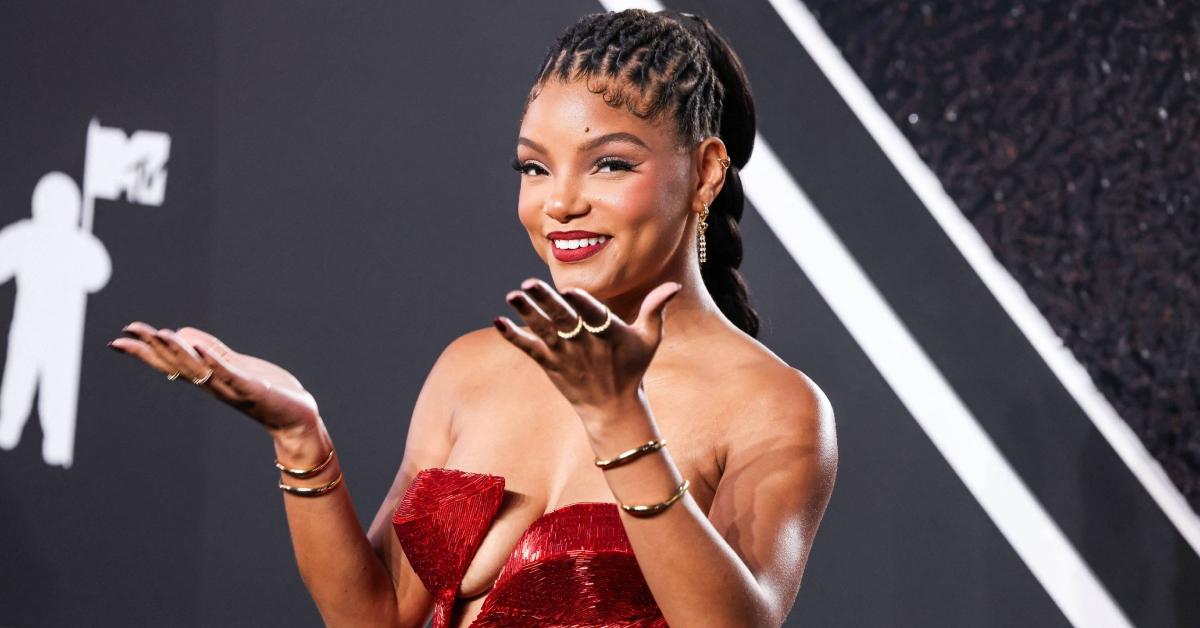
Similarly to Megan, Halle and Skai were blamed for speaking out. BBC reported on May 14, 2025, that Halle was granted a temporary restraining order against her ex and the father of her child, DDG. In her filing, The Little Mermaid star detailed "multiple acts of physical violence" she endured by DDG, real name Darryl Dwayne Granberry Jr, before they broke up in October 2024.
One week later, Skai filed a restraining order against her ex, Deondre Burgin, months after the two welcomed their son, Kasai, in January 2025. In her restraining order, she detailed multiple acts of violence and his threatening her and their child's lives. In one part of her testimony, she detailed how he allegedly "demanded” that she “drink bleach to kill our unborn child.”
“If I called out for help he would stab me in the stomach,” Skai also wrote, per E! News.
Rather than discussing the alleged domestic abuse they endured in interviews or on social media, both women did what the public wanted Cassie to do: take it to court. However, while Skai and Halle received support from fans, there were many more hateful remarks about their choice of a partner. One X user pointed out how Skai met her ex while he was still in jail.
“Skai Jackson met this man in jail and had a baby with him. I don’t want to hear s--t else,” the X user said.
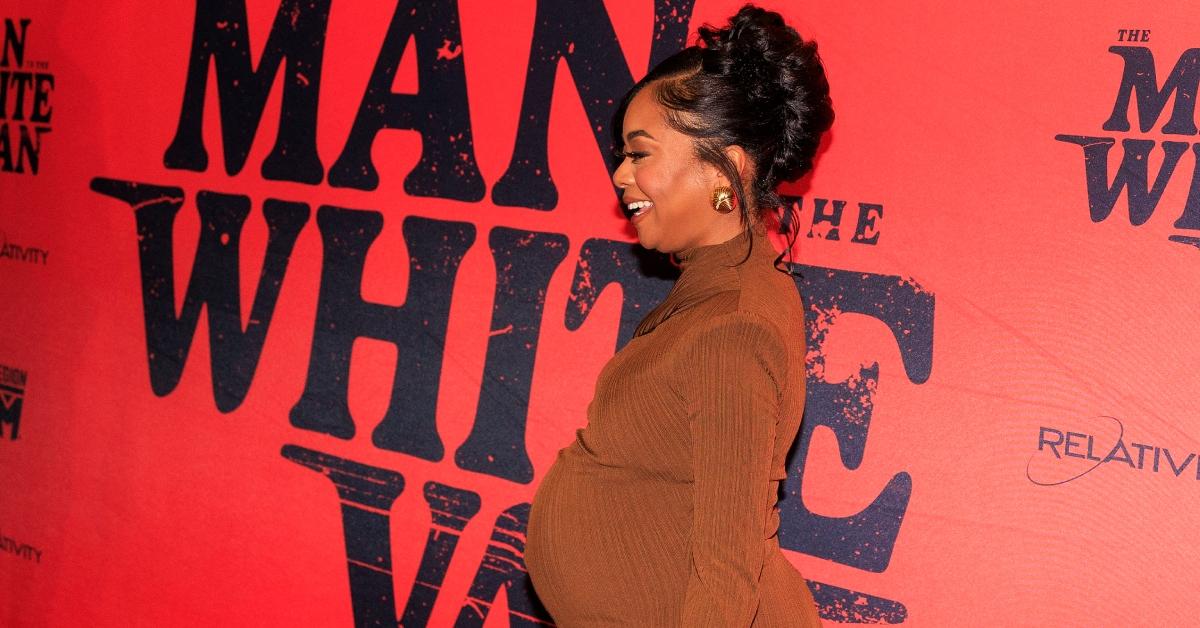
Stand with domestic abuse survivors; don’t blame them.
Though we say “protect women” online, the stories of Megan, Cassie, Skai, Halle, Tina Turner, Robin Givens, and so many others show that Black women are rarely afforded the protection in real life. Society protects powerful men with more passion than it protects the women they’ve hurt. It turns survivors into suspects and frames their strength as proof that they couldn’t have been harmed.
Victim blaming is far from a new concept. The actual term “victim blaming” was popularized in the 1970s following William Ryan’s 1971 book, Blaming the Victim, per a 2012 article from The University of Rhode Island. The concept became a way to make the person who was abused the person responsible for their suffering. This includes blaming to deflect, saying remarks like “she/he/they deserved it,” or making both parties the problem by saying, “She must have provoked him into being abusive. They both need to change.”
Engaging in victim blaming is harmful. When it happens to people in the public eye, it creates a ripple effect of silence from those who can relate to these women but aren’t famous. If Grammy winners, singers, and Disney darlings are subject to disgusting online comments, what does that mean for “regular” people?
Asking an abuse survivor why they remained silent does far more harm than good. As data from the Institute for Women’s Policy Research reported in March 2025, “More than four in 10 Black women experience physical violence from an intimate partner during their lifetimes,” and experience higher rates of psychological abuse, including “humiliation, insults, name-calling, and coercive control — than do women overall.”
Saying you care about victims and then shaming and blaming someone who doesn’t fit the “perfect victim” mold needs to end. There is no room for doubt in Black and marginalized liberation. To Megan, Cassie, Halle, and Skai: I believe in you and stand with you. To any DV survivor reading this, I love and support you, and your story is valid, and you are deserving of being seen.
If you or someone you know is experiencing domestic violence, call the National Domestic Violence Hotline at 1-800-799-7233.